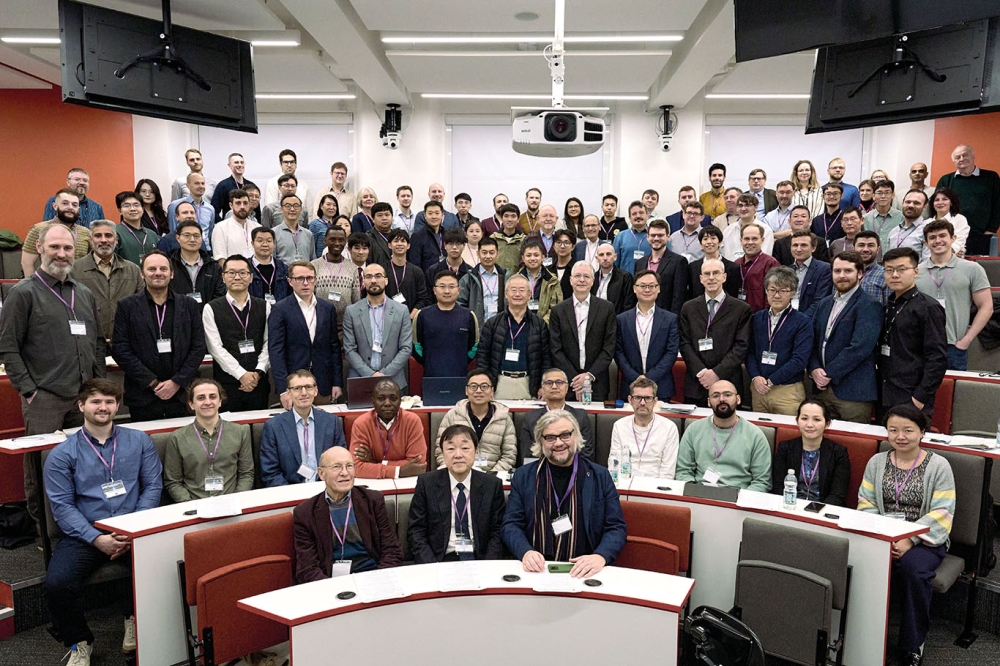RFMD sees recent order trends improving
On June 9, Motorola commented on very recent improving Asian order trends, at a time when we continued to hear reports that the SARS virus was becoming increasingly contained. However, Motorola also stated that this improvement in bookings was fairly muted and nothing like what they had anticipated in terms of a snap-back in post-SARS consumer demand.
We believe recent comments from RFMD would indicate this improvement is continuing and is likely accelerating as impacted Asian economies begin to return to normal.
History would indicate that visibility at the wireless IC level rarely extends beyond several weeks given ever shortening lead times and the increasing use of hubbing arrangements. We therefore believe RFMD s comments are largely relevant to near term positive changes in the Asian handset OEM/ODM market and believe a full Asian recovery will take several months to play out as regional inventory, handset overproduction and subsidy issues are addressed.
Overall we continue to believe global handset shipments will enjoy strength going into late CY03 driven by the following factors:
* Seasonal strength in handset sales driven by a compelling product refresh by all the leading handset OEMs going to the 2H03. New OEM handset portfolios include handsets that support digital cameras, MMS and color screens.
* The continued migration to next generation GSM/GPRS and CDMA 1X networks as carriers look to increase voice capacity and support MMS data applications.
* Continued intense carrier competition in all geographies that will likely be intensified with the expected enforcement of number portability on November 24, 2003 in the US.
* Recovery in the Asian wireless market driven by the containment of SARS and continued aggressive production by local manufacturers.
These trends are likely to drive seasonal growth in handset production of >20% in the 2H03, when compared to the 1H03, resulting in 450-470 million total handsets for the year. We expect all the wireless IC names to trade upwards as we gain increasing visibility into 2H strength in addition to any continued evidence of an Asian handset recovery.
As always, the key for wireless IC companies is to leverage this top line strength from units into earnings. We continue to favor Skyworks as it is best positioned given its vertically integrated production model, industry leading production yields and exposure to key GPRS handsets at Samsung and almost all of Nokia s portfolio of CDMA 1X handsets.
We will become incrementally positive on RFMD if and when we begin to see evidence of improved execution on initiatives set to improve its margin structure and ability to drive profitability. At this time we remain concerned that a recovery in margins will be gradual and take several quarters to implement during a time when pricing pressure remains intense.
As a reminder, RFMD is implementing the following initiatives in an attempt to drive gross margin improvements going forward:
* Introduction and ramp of new higher margin products that include Polaris, WLAN, Bluetooth and Satellite Radio.
* Introduction and ramp of new lead-frame modules that should significantly improve yields and packaging cost as compared to existing laminate modules.
* Migration from 4-inch to 6-inch wafer manufacturing (currently expected to be completed by the end of CY03)
* Sourcing low cost silicon through partner Jazz Semiconductor
* Other improvements driven by improved supply chain efficiencies and improving yields associated with the module production learning curve.
James Alexander of AmTech Research, San Francisco can be contacted at +1 415 490-3913.































